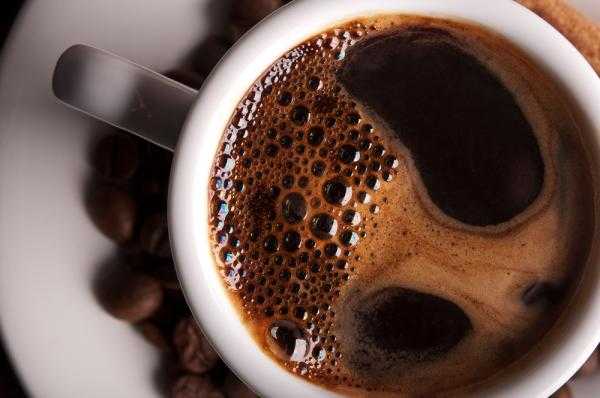PLUCKLEY, Ashford, UK – With most of the UK working from home for the past year, many Brits have turned to caffeine to help keep our productivity levels high. The Kent and Sussex Tea and Coffee Company surveyed over 2,000 coffee drinkers to find that the UK is drinking more coffee than ever before with 22% stating an increase in coffee intake over the past 12 months.
Who’s Drinking More Coffee in the UK?
There’s a clear disparity in consumption patterns for different ages, genders, locations and coffee brands. In previous years, most consumers have opted for popular supermarket brands such as Nescafe and Illy, however, during the last year data shows a surge in independent suppliers and indie coffee brands. The increase in demand for independent coffee roasters has been fuelled by the millennials and gen Z who are drinking 20% and 16% more respectively.
We can also see that it is the younger generations looking to increase their coffee count too. One in four millennials are drinking more than this time last year and 16% of gen Zers are following suit. It is the more mature minds who are drinking less coffee over the past 12 months, 20% of the 45-54 age bracket are drinking less coffee with those ages 55-64 and 65+ taking on a partial coffee detox too.
Factors When Selecting a Coffee
As the typically fast paced London came to a standstill for months, it comes with a shock that Londoners have increased their caffeine intake the most compared to other coffee drinkers in England. Around 29% of London residents said that they increased their number of daily coffees as they longed for their office percolator to be switched back on.
In areas where coffee intake has increased the most we can see that people are starting to develop quite sophisticated taste buds with taste ranking as a more important factor where places are drinking more. Where consumption increased the least in the UK, we can see that the importance of taste starts to dwindle and the importance of cost increases with people looking for a cheap caffeine boost above a tasty alternative.
But, it is much more than just the cost and taste people consider when going for their coffee of personal choice. The data from this study also uncovers that Brits value the sustainability of a coffee when shopping around. The rise of both eco-friendly lifestyle and sustainability as a hot button issue has been aided by woke generations looking to help a variety of products from fishing to clothing and toothbrushes to coffee.
Those aged 18-34 lead the way in terms of sustainability with both millennials and gen zers saying that a coffee with a good sustainable background is make or break when out shopping – 46% of those who consider sustainability when coffee shopping are youngsters.
For coffee drinkers over the age of 55, the sustainability ranking becomes a non-existent factor when coffee shopping. Instead, the convenience of the coffee starts to weigh in with 36% of respondents who say the ease of making a coffee is most important being aged 55+.
Coffee Brands Preferences
Moving away from independent coffee suppliers for a second, we can see that coffee drinkers are much more decisive than the tea drinkers in the UK. Unlike the revelations in a previous tea survey, the UK has a clear favourite for their coffee; Nescafe takes the crown with 34% of the votes, Kenco ranks in 2nd place with 15% of the votes.
Again, the discrepancy between age groups and their coffee preferences can be seen in who drinks what at home. The older community are those funding the major coffee brands seen in supermarkets with Nescafe being the dominant brand for the elderly, Nescafe’s trust gives a good platform for guaranteed quality. For youngsters we can see a more risk taking approach with 29% of 18-34 year olds opting for independent coffee brands where taste may be a little more exotic.
That’s the Way Brits Like It
Coffee at home and coffee in a coffeeshop are two very different experiences. We can see that the majority of the UK opt for Lattes when drinking out with a quarter of the UK opting for that milky deliciousness (Mochas have been named as the least favourite coffee drink when out and about). But at home, things start to change, instead of frothing the milk and swirling love hearts into their coffee, 48% of Brits opt for pace over passion with instant coffee being the type of coffee most common in their homes.
“This data really helps to highlight just how much coffee’s popularity has risen, not just in the past year but the previous five or even ten. It’s great to see people paying more attention to independent brands as there are a lot more interesting coffee flavours outside of the supermarket. We are invested in bringing this to light – not just for us but for the industry as a whole.” Richard Smith – Managing Partner at The Kent and Sussex Tea and Coffee Company
About The Kent and Sussex Tea and Coffee Company
The business was established in 1982 by the Smith Family on their return to Kent from India and is based in the heart of the English County of Kent. They are a Tea and Coffee Importer, Packer and coffee and Tea Wholesaler. Producing a range of over 1,000 products including Loose Leaf Teas, Tea Bags and Fresh Roast Coffee.


















